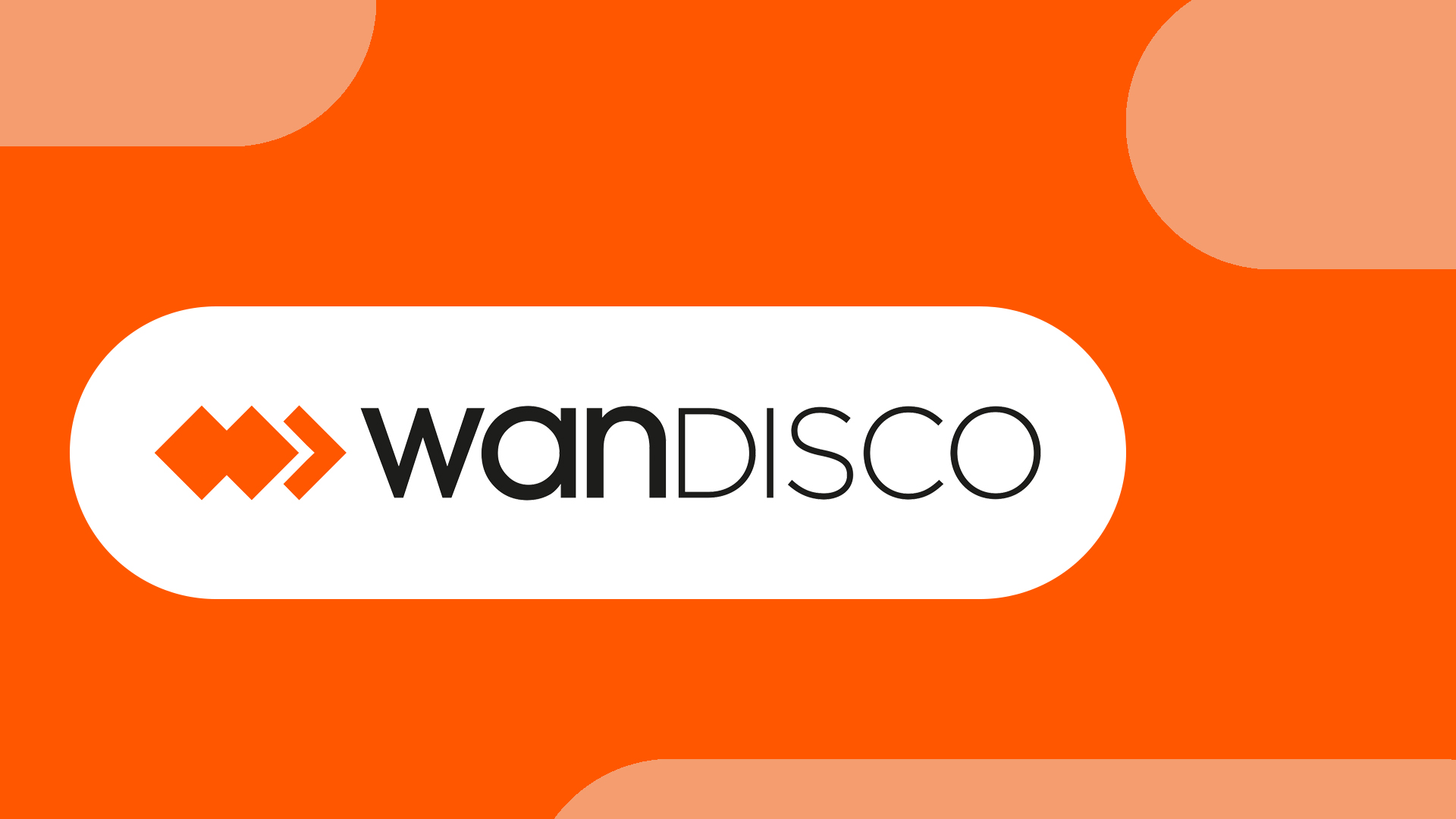How to move your accounting to the cloud
Migrating to the cloud isn't as simple as flicking a switch – you need to do your homework


If you have always done your accounts with a traditional accounting package, it's perhaps time you started thinking about moving them to the cloud. The global cloud accounting market share is projected to increase up to $4.5 billion by 2023, as more and more companies are looking to the cloud for the future of their accounting.
Many organisations turned to cloud applications to either help reduce costs or improve operational speeds, yet those same organisations have now started moving their accounts to the cloud too. While there's some trepidation about moving highly sensitive financial information off premises, the drivers to do so are becoming harder to ignore.
One such driver is the Making Tax Digital initiative from HMRC, which came into force in April. All companies over the VAT threshold of 85,000 are now required to keep digital records and submit these electronically. There are also some suggestions that income tax could become mandatory as well, meaning businesses will have to review all aspects of how they engage with clients today and what that might look like in future.
There's increasing pressure on accountants to do more than has traditionally been expected of them. According to a recent survey of accountants, 83% said clients expect them to do more than they did five years ago, with 42% expecting their accountants to offer business advice as part of the service.
It's because of this shift that accountants are now turning to the cloud to cut down on the increased administrative burden. It's a good move for businesses as well as their accountants, with companies that utilise cloud-based accounting showing on average 15% year-on-year revenue growth, according to Xero.
Benefits of cloud accounting
One of the main benefits of moving accounts to the cloud is quicker access to better software.
"Accountants might want to get their customers using SaaS service to make the transfer of data between the business and the accountant much easier. There will also be fewer holes for security bugs to creep in," says Tony Lock, analyst at Freeform Dynamics.
Get the ITPro daily newsletter
Sign up today and you will receive a free copy of our Future Focus 2025 report - the leading guidance on AI, cybersecurity and other IT challenges as per 700+ senior executives
He adds that doing your books is much easier to do in real time than rushing everything at the end of the quarter.
What's more, businesses also stand to benefit from regular patches and bug fixes, meaning any problems with the service should be ironed out and, depending on the quality of the provider, new features will be added over time.The best packages will also support a more modular approach, giving businesses control over the deployment process and allowing for features to be tried and tested before they're approved.
Paul McCooey, a partner at chartered accountants Duncan & Toplis, says that there are no more recording long lists of payments - your bank account automatically syncs with your software.
"[There are] no more manually listing invoices [either]. The software can issue them automatically. And no more lost receipts or unclaimed tax relief - simply take a photograph of your bills or receipts and upload them," he says.
"You'll spend less time chasing debts too - cloud accounting software can issue automated reminders and 'pay now' buttons as payment prompts."
Defining the future state
Lock says that a big blocker for some people though is when companies have been using an accountancy system for a long time full of company records that may be hard to port across to the cloud.
"How do we get our accountancy history into a cloud service? Some accountancy software firms may not have a mechanism to bring those records into the cloud, even if you were transferring it from their existing on-premise solution." Lock says that most software firms have put that issue right.
Getting accountancy data into the cloud can be an issue. Lock says that this should ideally be an automated process as any manual transference can lead to the introduction of errors into the data.However, there's also the issue of compatibility, and making the move won't necessarily be the case of flicking a switch.
For example, for those businesses running enterprise resource planning (ERP) or payroll software inside their existing on-premise accounting package, they'll need to make sure whatever cloud service they pick is compatible with these."Every organisation is unique and will develop its own unique path to transition based on its existing applications, systems and requirements," says Kris Brown, UK R&D Director at TechnologyOne.
"It can be as simple as taking a copy of what you have on premise and starting the next day in the cloud. A like for like move, of business process and software doesn't have to be a massive task. But, a 'lift and shift' approach - placing current applications into a hosted environment - won't deliver true transformation."
A change of culture moving forward
Regardless of the route, a business takes to the cloud, it's important that the move is considered a brand new implementation and, as such, should incorporate the changes in processes and company culture you'd expect to take advantage of SaaS.
A move of back-office processes into the cloud will bring the immediate benefit of reduced workloads and more efficient processes. However, it should also be used as an opportunity to more frequently and easily review a business's system. This is particularly important if you're planning to build on this move, whether it be by adding automated services or building apps connected to the network.
This article was originally published in 2018 and has since been updated with new figures.
Rene Millman is a freelance writer and broadcaster who covers cybersecurity, AI, IoT, and the cloud. He also works as a contributing analyst at GigaOm and has previously worked as an analyst for Gartner covering the infrastructure market. He has made numerous television appearances to give his views and expertise on technology trends and companies that affect and shape our lives. You can follow Rene Millman on Twitter.
-
 Bigger salaries, more burnout: Is the CISO role in crisis?
Bigger salaries, more burnout: Is the CISO role in crisis?In-depth CISOs are more stressed than ever before – but why is this and what can be done?
By Kate O'Flaherty Published
-
 Cheap cyber crime kits can be bought on the dark web for less than $25
Cheap cyber crime kits can be bought on the dark web for less than $25News Research from NordVPN shows phishing kits are now widely available on the dark web and via messaging apps like Telegram, and are often selling for less than $25.
By Emma Woollacott Published
-
 How to empower employees to accelerate emissions reduction
How to empower employees to accelerate emissions reductionin depth With ICT accounting for as much as 3% of global carbon emissions, the same as aviation, the industry needs to increase emissions reduction
By Fleur Doidge Published
-
 Worldwide IT spending to grow 4.3% in 2023, with no significant AI impact
Worldwide IT spending to grow 4.3% in 2023, with no significant AI impactNews Spending patterns have changed as companies take an inward focus
By Rory Bathgate Published
-
 Report: Female tech workers disproportionately affected by industry layoffs
Report: Female tech workers disproportionately affected by industry layoffsNews Layoffs continue to strike companies throughout the tech industry, with data showing females in both the UK and US are bearing the brunt of them more so than males
By Ross Kelly Published
-
 How can small businesses cope with inflation?
How can small businesses cope with inflation?Tutorial With high inflation increasing the cost of doing business, how can small businesses weather the storm?
By Sandra Vogel Published
-
 How to deal with inflation while undergoing digital transformation
How to deal with inflation while undergoing digital transformationIn-depth How can organizations stave off inflation while attempting to grow by digitally transforming their businesses?
By Sandra Vogel Published
-
 How businesses can use technology to fight inflation
How businesses can use technology to fight inflationTUTORIAL While technology can’t provide all the answers to fight rising inflation, it can help ease the pain on businesses in the long term
By Sandra Vogel Published
-
 Embattled WANdisco to cut 30% of workforce amid fraud scandal
Embattled WANdisco to cut 30% of workforce amid fraud scandalNews The layoffs follow the shock resignation of the company’s CEO and CFO in early April
By Ross Kelly Published
-
 Some Tech Nation programs could continue after Founders Forum acquisition
Some Tech Nation programs could continue after Founders Forum acquisitionNews The acquisition brings to a close a months-long saga over what the future holds for Tech Nation initiatives
By Ross Kelly Published